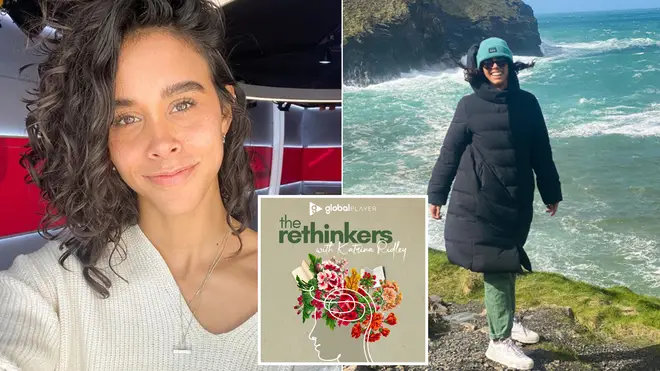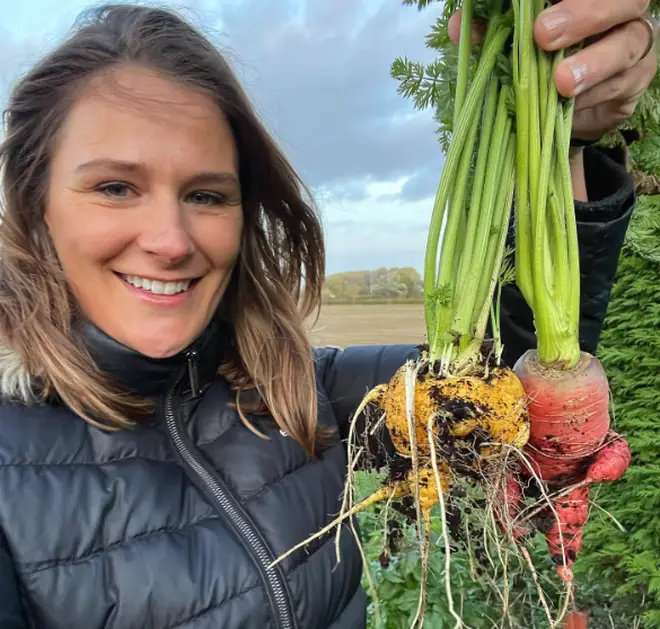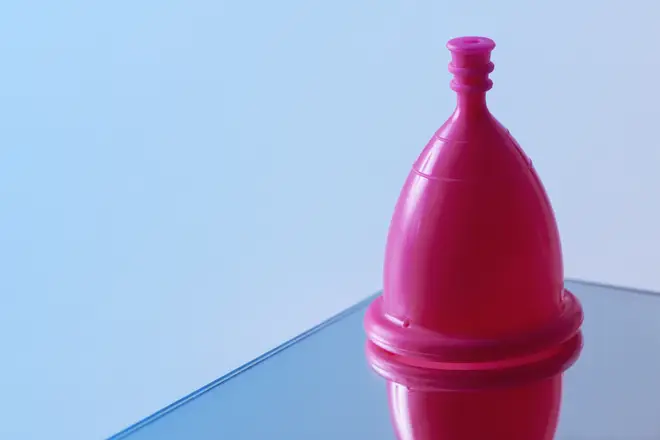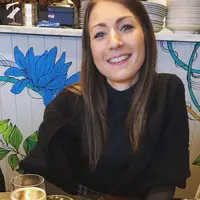The Rethinkers podcast: Katrina Ridley on how to live more sustainably
22 April 2022, 09:51 | Updated: 22 April 2022, 10:22

You can listen to Katrina Ridley's brand new podcast The Rethinkers on Global Player.
Listen to this article
In her brand new podcast The Rethinkers, Katrina Ridley has been joined by some amazing guests who have given their take on sustainability.
Listen to The Rethinkers now on Global Player.
With a passion for minimalist living, Katrina takes a more simplistic approach to life herself, moving into a 55ft narrowboat.
Having already embraced solar panels, minimising waste and even compost toilets, Katrina is keen to explore other ways she can be kinder to the planet.
Rethinking plastic
In episode two of The Rethinkers, Katrina is joined by activist and founder of charity Planet Patrol, Lizzie Carr MBE, to get a new perspective on plastics.

Chatting to the Heart presenter, Lizzie - who is mum to one-year-old River - reveals how she tries to be a more environmentally friendly parent.
“I have tried to be conscious of my daughter’s footprint so I use reusable nappies and reusable wipes,” she says.
“I also have a veg patch and get as much produce as possible from that.”
Lizzie admits that trying to be conscious of her environmental impact while also juggling parenthood and a full time job can be tough, but says it’s important to take the pressure off yourself.
“I wanted to use reusable nappies on my daughter from birth,” she says.
“But it really didn’t work for me. I was sleep deprived and exhausted. She was such a small baby and I couldn’t find anything that would fit her.
“After three to four months I went back to it and tried a reusable nappy once a week, and now she’s in them all the time. It’s not about being perfect, it’s about building positive routines and habits.”
As well as campaigning for less single use plastic, Lizzie also has some simple tips to live more sustainably.
These include:
- Contact Royal Mail to ask them to stop them sending spam mail to save paper
- Get your bank statement sent through digitally
- Look at different banks who are investing in a more sustainable way
- Buy local produce when accessible
- Try to buy seasonably from supermarkets
- Buy second hand clothes
- Think about how can you fight system change by writing to MPs on environmental issues or joining lobby groups
Rethinking periods
In episode three of The Rethinkers, Katrina chats to founder of Precious Stars and YouTuber Bryony Farmer about more sustainable ways to manage your periods.
Here, Bryony opens up about her experiences with reusable menstrual items such as cloth pads and menstrual cups, as well as the stigma around these products.
“When we think about cloth pads, we think we’re going back in time,” she says.
“But we have special fabrics now which are designed to do their purpose, they work really well so it’s about getting people out of that mentality.”

Bryony adds: “We need to be developing new ways of making periods more pleasant for women and people who menstruate.
“Different products allow people to have more choice and choice is important.”
Rethinking shopping
In episode four, Katrina chats to bestselling author and podcaster Cait Flanders to take a fresh look at how and why we shop.
As well as sharing the story behind her bestselling book ‘The Year Of Less’, Cait also touches on how her changing shopping habits impact the environment.
Discussing the culture of buying items we never end up using, she tells Katrina: “It has a huge cost to the planet.
“It takes so many natural resources to create so many products that we buy and we don’t ever use, they sit and collect dust to be later thrown in the trash.
“I’m increasingly more conscious because I'm so aware that most things are recycled or thrown out.”
She later adds: “I don’t buy something unless I absolutely need it, like if something needs replacing or my body changes.”





































